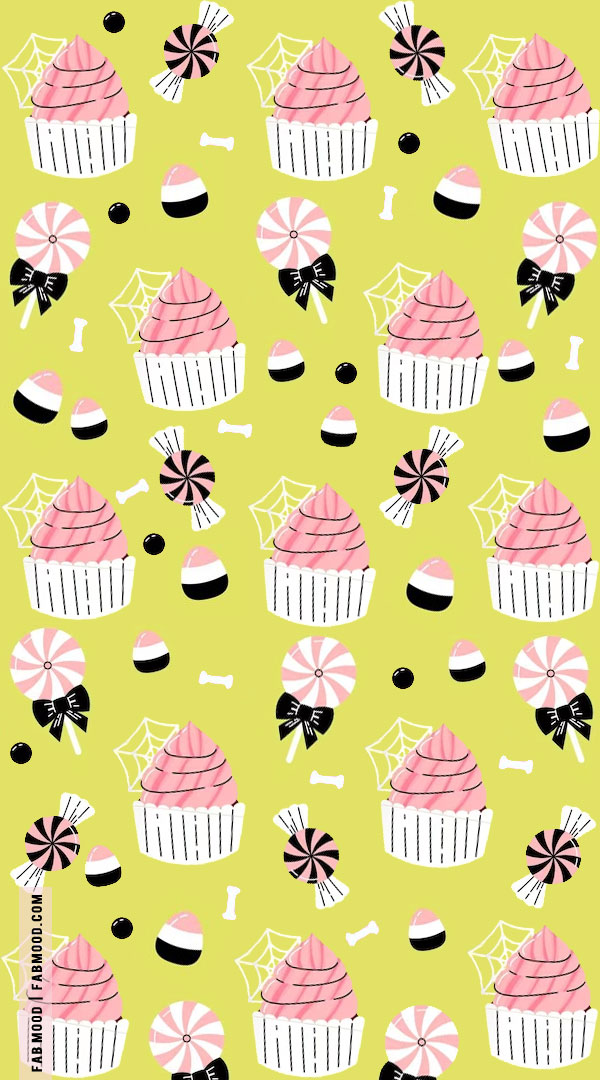

The ghosts are usually family members, friends, or animals they interacted with in the past. People tend to see ghosts when they’re in an altered state of consciousness, like when they’re asleep, or in a state of heightened emotion, like when they’re in a heightened state of fear, or a heightened state of consciousness, like when they’re in a trance.ĭo you know that feeling when you’re turning the lights off in a basement and all of a sudden you’re a little bit more scared than you should be? That’s the state of mind when you’re more likely to see a ghost.Īn interesting theory is that those who are more sensitive to phobias will see more ghosts during their lifetime. Why do we see ghosts, and what does it mean? What type of experience are you looking for?Ģ. We think it all comes down to beliefs about personal experience. And why not? Why do so many people insist on a ghost being the cause of the eyes of a painting moving or the random object falling off the table in the middle of the night? Most people who have seen a ghost won’t accept that answer. “Visual illusions are visual presentations that appear to be caused by a real object or real phenomenon, but are not.” Robert Standstill, explained the phenomenon of visual illusions to BBC Future. Have you ever been in a room with a painting and could’ve sworn you saw the eyes move? This is one topic that gets a lot of debate over the presence of a ghost or just an illusion. All we know for sure is that they exist and that they are attracted to fear. No one knows what they are or what they want. Ghosts, apparitions, spirits, illusions, call them what you will.

What are spirits, and do we all agree on the definition? But why do we see spirits? Is it really because we’re losing our minds, or is it possible that there is a much more logical explanation? 1. And despite some being branded as crazy, many of them insist that they are telling the truth.

An estimated 15% of people in the world have claimed to see spirits.


 0 kommentar(er)
0 kommentar(er)
